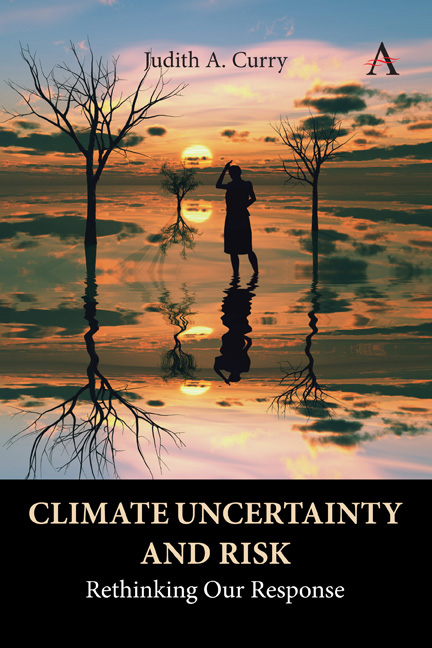Chapter Ten - Risk and its Assessment
Published online by Cambridge University Press: 28 February 2024
Summary
“[I]n itself, nothing is a risk, there are no risks in reality. Inversely, anything can be a risk; it all depends on how one frames the danger, considers the event.”
—Philosopher François EwaldThe concept of risk is an outgrowth of concerns about coping with dangers. For most of human history, the assessment and management of risk occurred informally by trial and error. More than 2400 years ago, Athenians articulated the capacity of assessing risk before making decisions. As the influence and scale of technology expanded, it became evident that society needed to assess risks proactively. Science has increasingly allowed us to recognize and measure more subtle hazards, which has been coupled with a general decreasing tolerance for risk in modern industrialized society.
Risk assessment and management as a scientific field is only about 40–50 years old. There are many different perspectives on risk, and some of these perspectives represent substantially different frameworks. However, there is broad agreement on the basic ideas and principles of risk understanding, assessment, communication, and management.
Risk may have positive or negative outcomes or may simply be associated with uncertainty. Fire and accidents only have negative outcomes, and they are often referred to as hazard risks. Taking a risk can also result in a positive outcome. Risk can also be related to uncertainty of outcome. However, most applications of risk analysis focus on adverse outcomes.
Climate change presents a challenge to risk assessment that is uniquely complex, uncertain, and ambiguous. This chapter provides perspectives on risk and its perception, how risk is characterized, and why climate change is such a challenging problem for risk analysis.
Risk and Perception
“You are so convinced that you believe only what you believe that you believe, that you remain utterly blind to what you really believe without believing you believe it.” (Writer Orson Scott Card)
Climate risk is generally regarded as a hazard risk, although there are potential positive outcomes as well. The related terms “threat” and “hazard” refer to something that could cause harm, with the possibility of trouble, danger, or ruin. The hazard may be something that is impending and imminent, or something that is likely, or merely possible.
- Type
- Chapter
- Information
- Climate Uncertainty and RiskRethinking Our Response, pp. 141 - 160Publisher: Anthem PressPrint publication year: 2023



